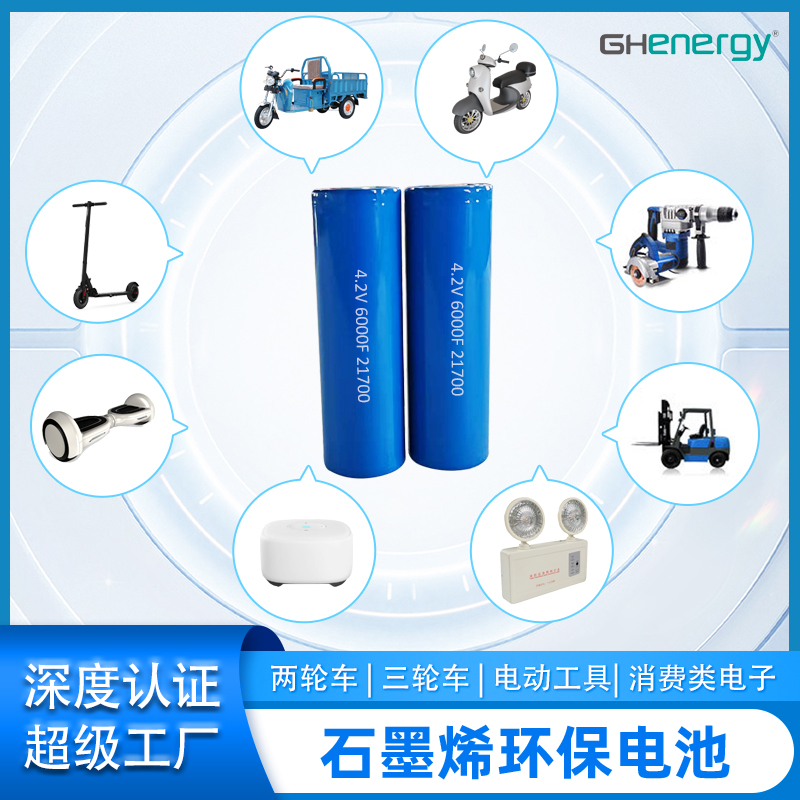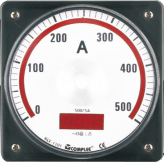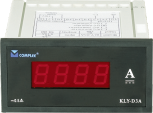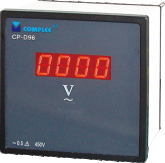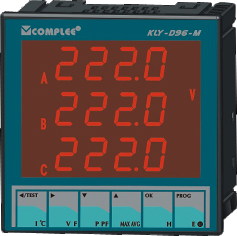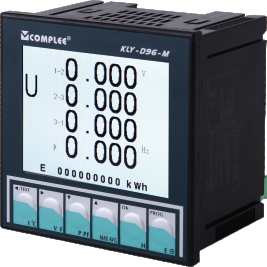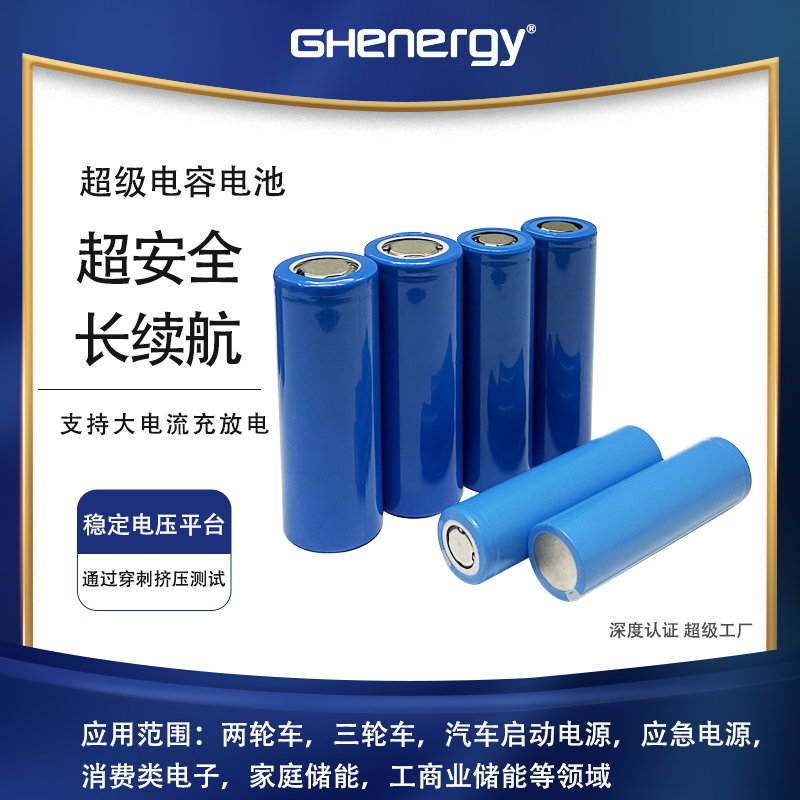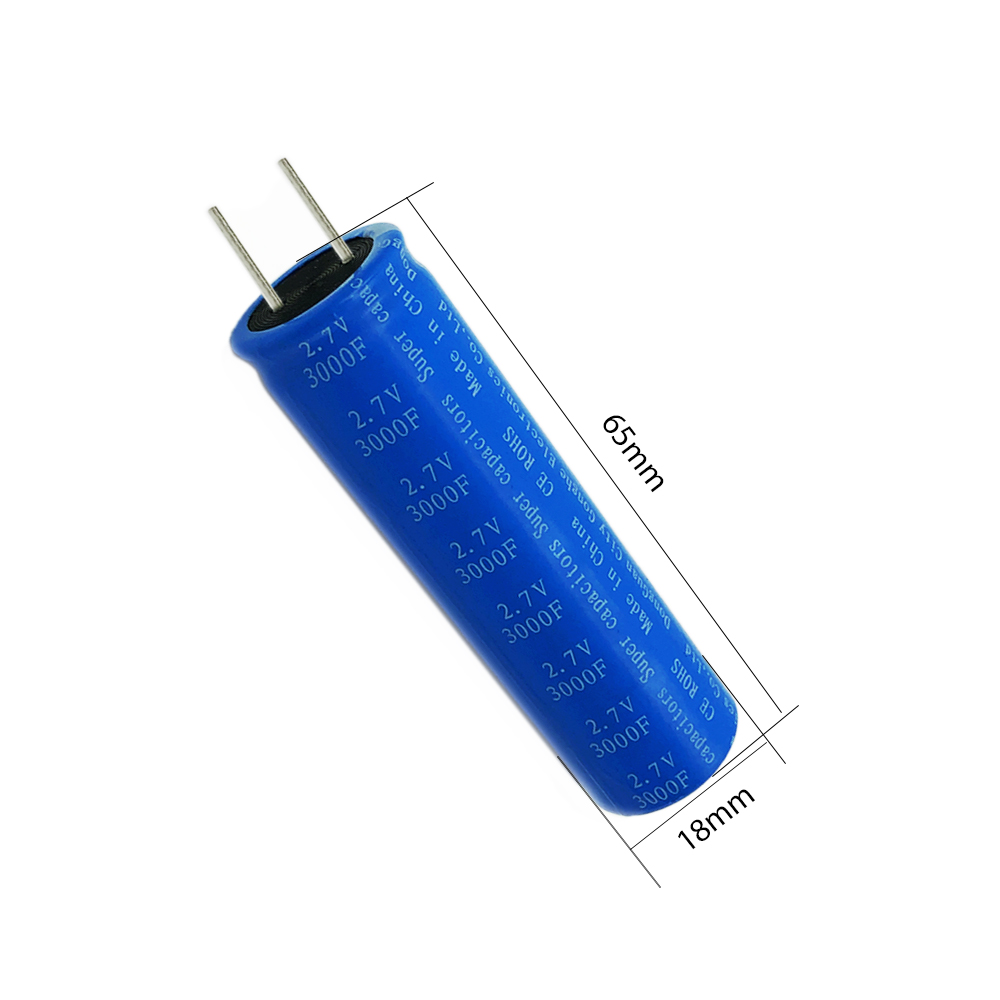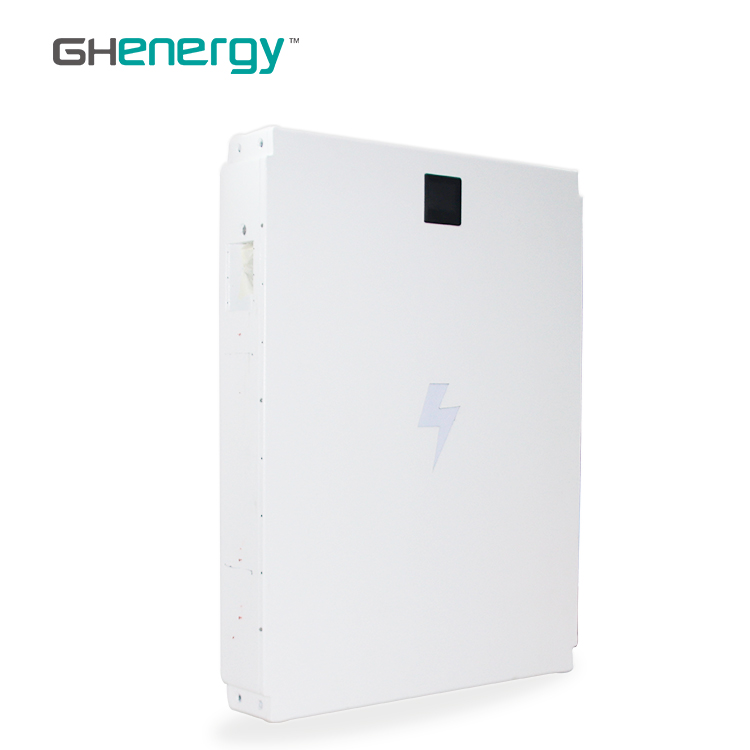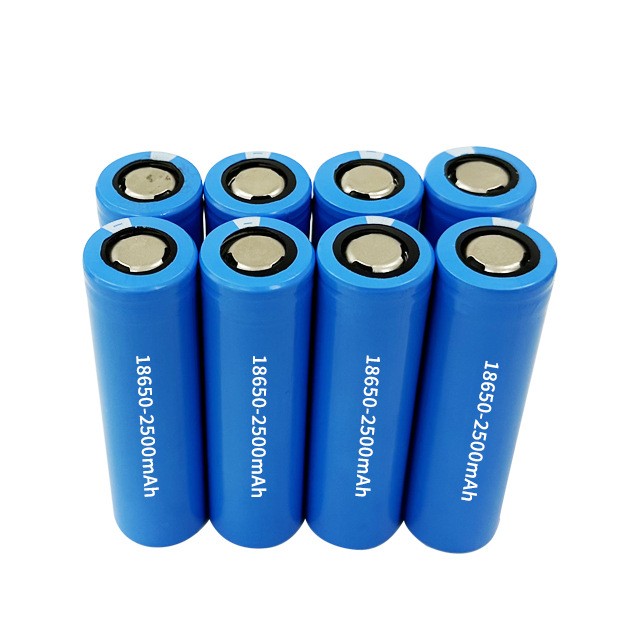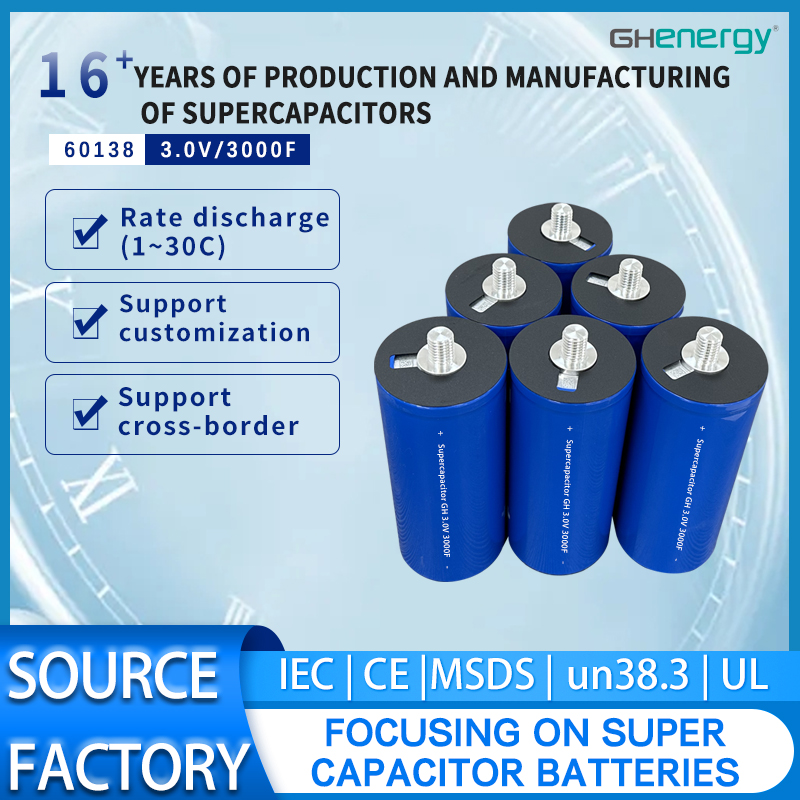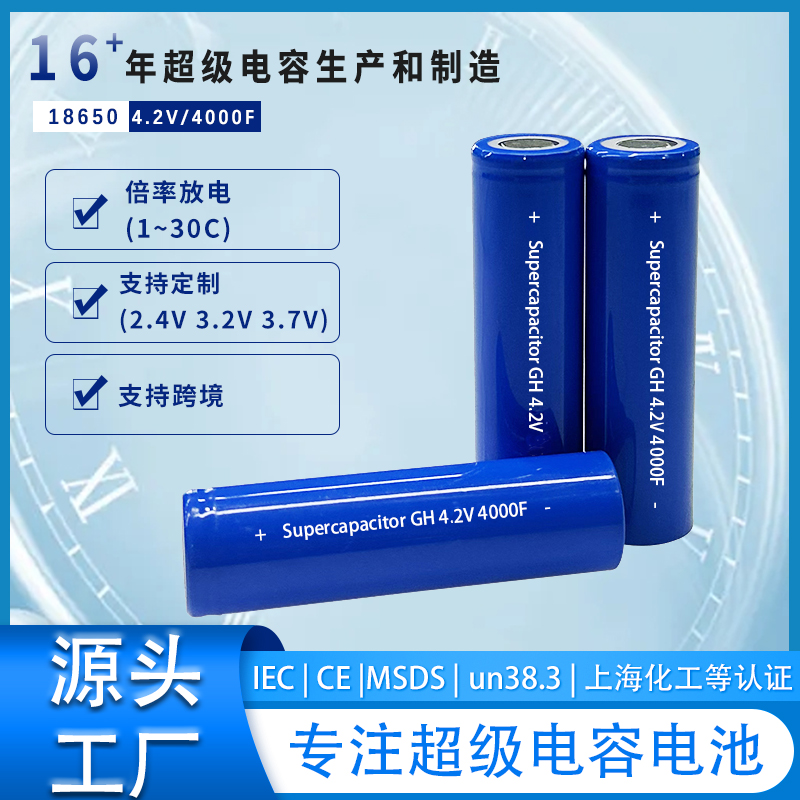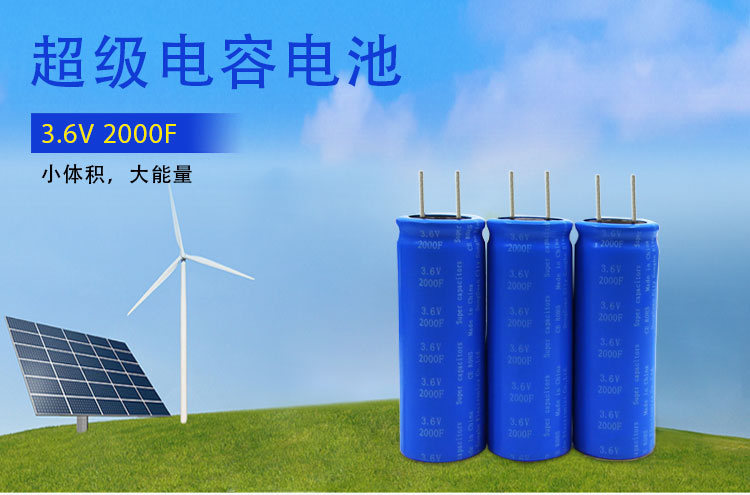Wedoany.com Report-Oct 21,In a further move toward sustainable aviation, Airbus has partnered with Kansai Airports and Kawasaki Heavy Industries. The partnership will explore hydrogen infrastructure development at three major Japanese airports.
The new collaboration has been formalized through a Memorandum of Understanding (MoU). It will focus on Kansai International Airport, Osaka International Airport, and Kobe Airport, marking a crucial step in Japan’s aviation decarbonization efforts.
‘Hydrogen Hub at Airports’ Program
The partnership, operating under Airbus’s “Hydrogen Hub at Airports” program, aims to revolutionize airport operations.
It will achieve this through comprehensive feasibility studies for hydrogen-powered aircraft integration. This initiative will develop detailed implementation strategies, considering each airport’s unique characteristics and operational requirements.
The collaborative study will evaluate various critical aspects, including technical feasibility, economic viability, legal compliance, and operational efficiency. The findings will guide future demonstration projects and help shape policy recommendations for hydrogen aviation infrastructure in Japan.
This new venture builds upon existing successful relationships. Since 2022, Airbus has worked closely with Kansai Airports.
This has already seen hydrogen technology implementation through its operational fuel cell buses and forklifts. The diverse characteristics of the three airports have provided Airbus with valuable insights into different hydrogen supply methodologies
Simultaneously, Airbus’s collaboration with Kawasaki Heavy Industries has focused on developing the hydrogen-fueled ecosystem. Kawasaki is recognized for its expertise in cryogenic hydrogen supply networks and airport infrastructure.
The company brings crucial technical knowledge to the partnership. Their experience in airport systems installation and infrastructure development strengthens the project’s technical foundation.
Initial demand forecasts predict significant hydrogen requirements. The airports are expected to need several tons of liquid hydrogen daily during the early adoption phase. Current projections suggest this will increase to hundreds of tons daily by 2050.
The mature hydrogen industry in the Kansai region, supported by robust government policies, positions Japan as an ideal market for hydrogen aviation development.
The ZEROe Program
The collaboration aims to establish a model for sustainable airport infrastructure in Japan, preparing for a future where hydrogen-powered aircraft become commonplace.
This aligns with Airbus’s ambitious ZEROe program, launched in 2020, which aims to introduce the world’s first hydrogen-powered commercial aircraft by 2035.
The “Hydrogen Hub at Airports” program has gained significant international traction, with partnerships now established in 14 countries across Asia, Europe, North America, and Oceania.
These global collaborations demonstrate the growing momentum behind hydrogen aviation and its potential to revolutionize air transport while significantly reducing environmental impact.
This initiative not only promises to transform airport operations but also represents a crucial step toward achieving the aviation industry’s sustainability goals. It further positions Japan at the forefront of hydrogen aviation development.
